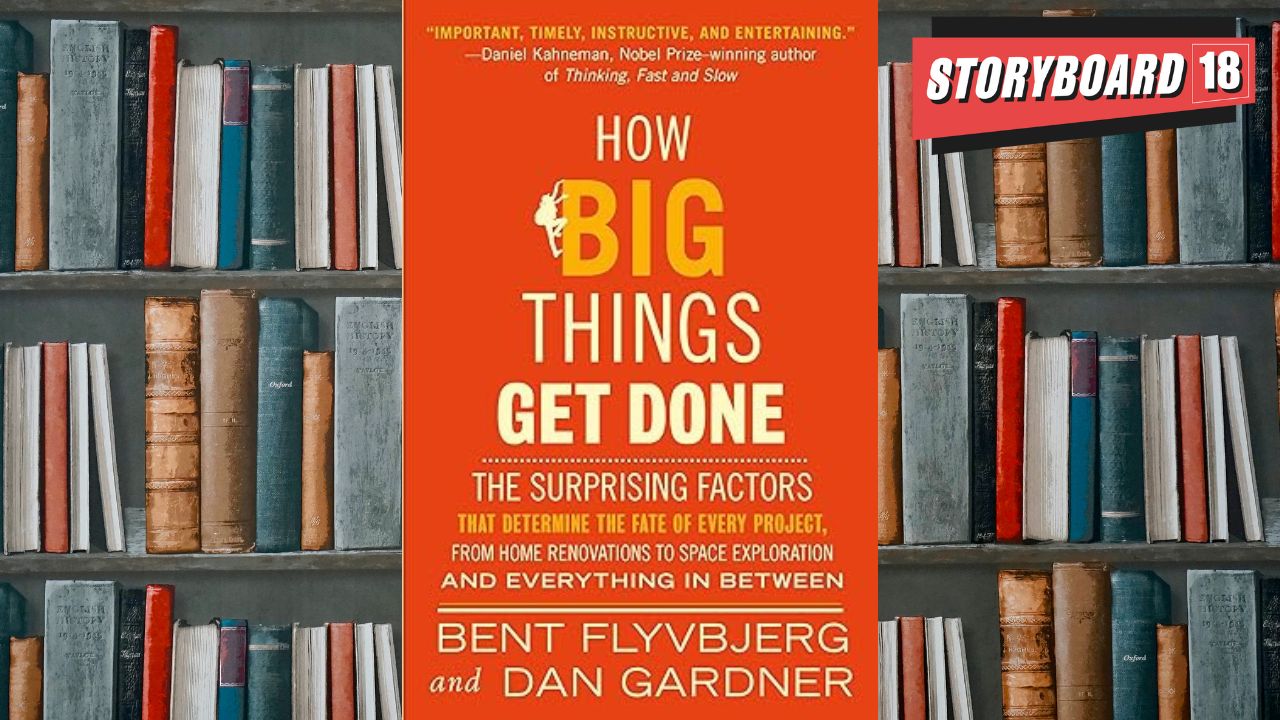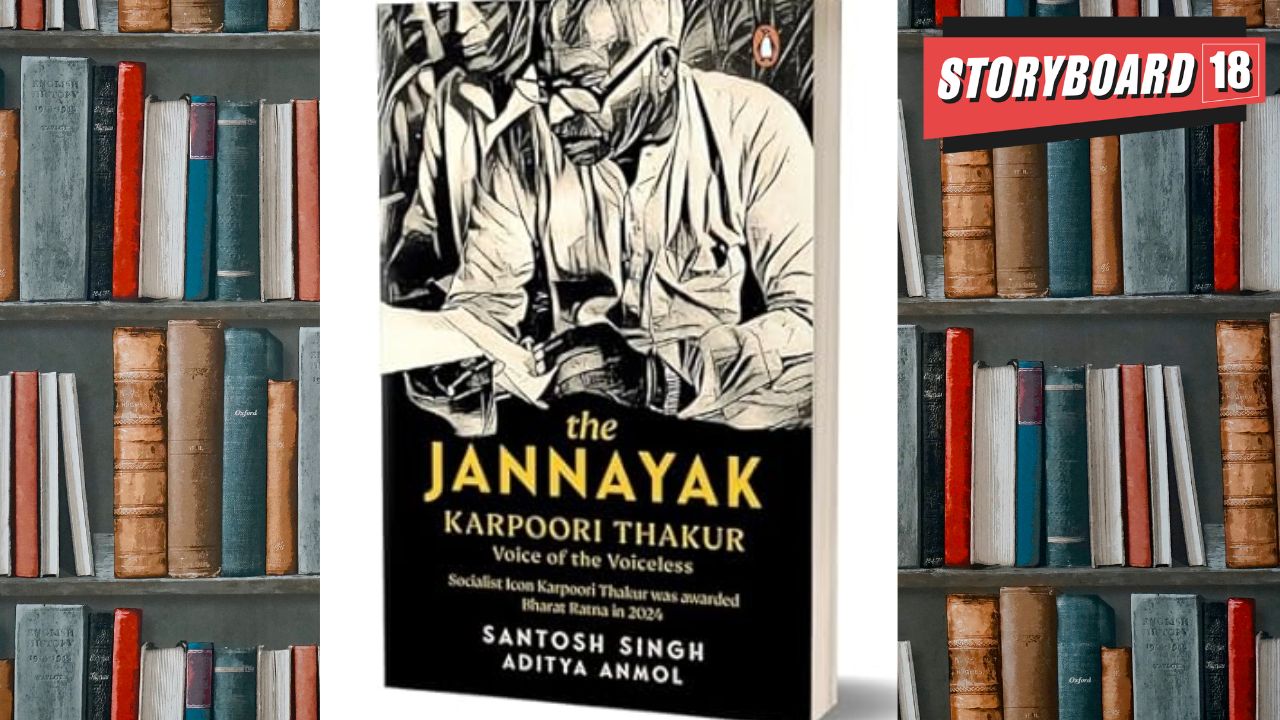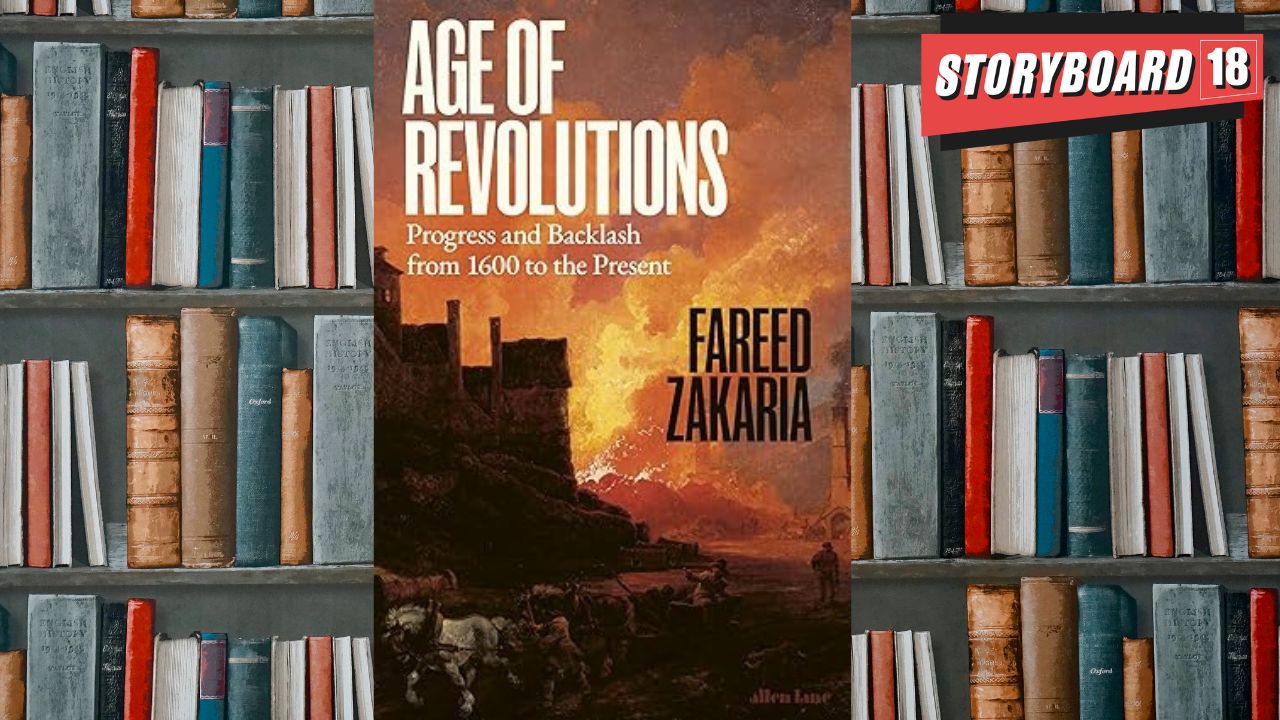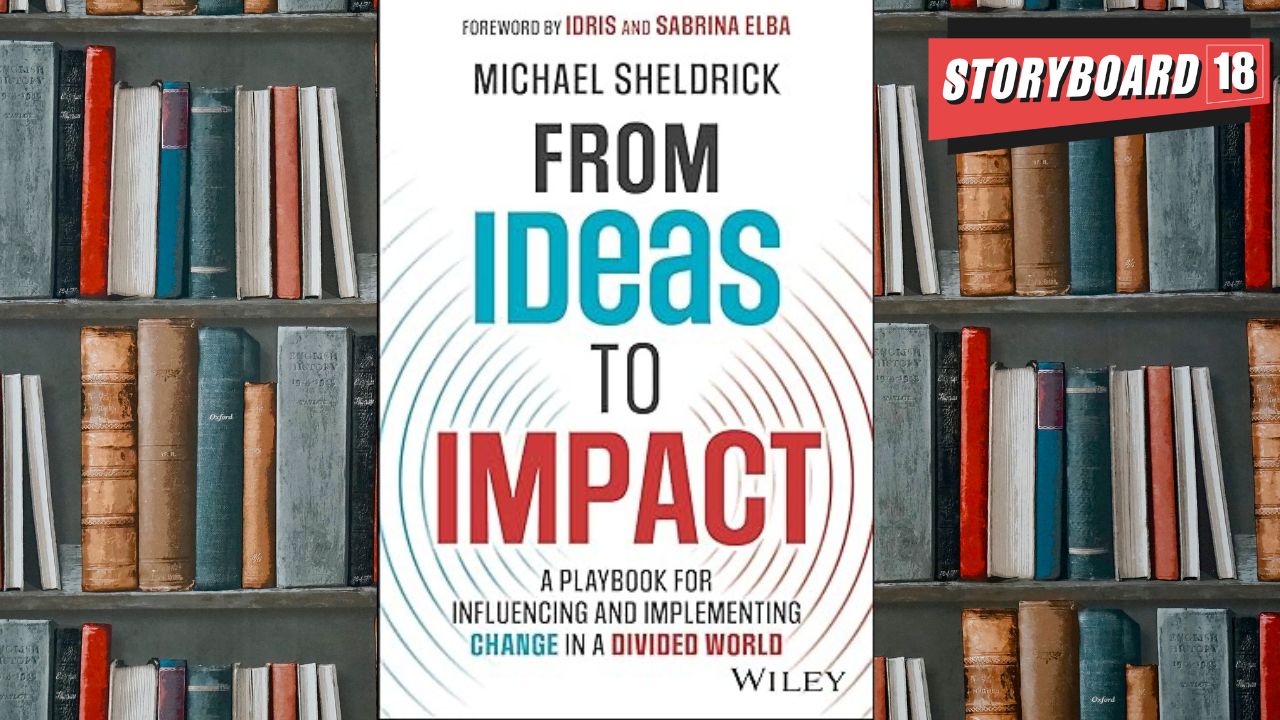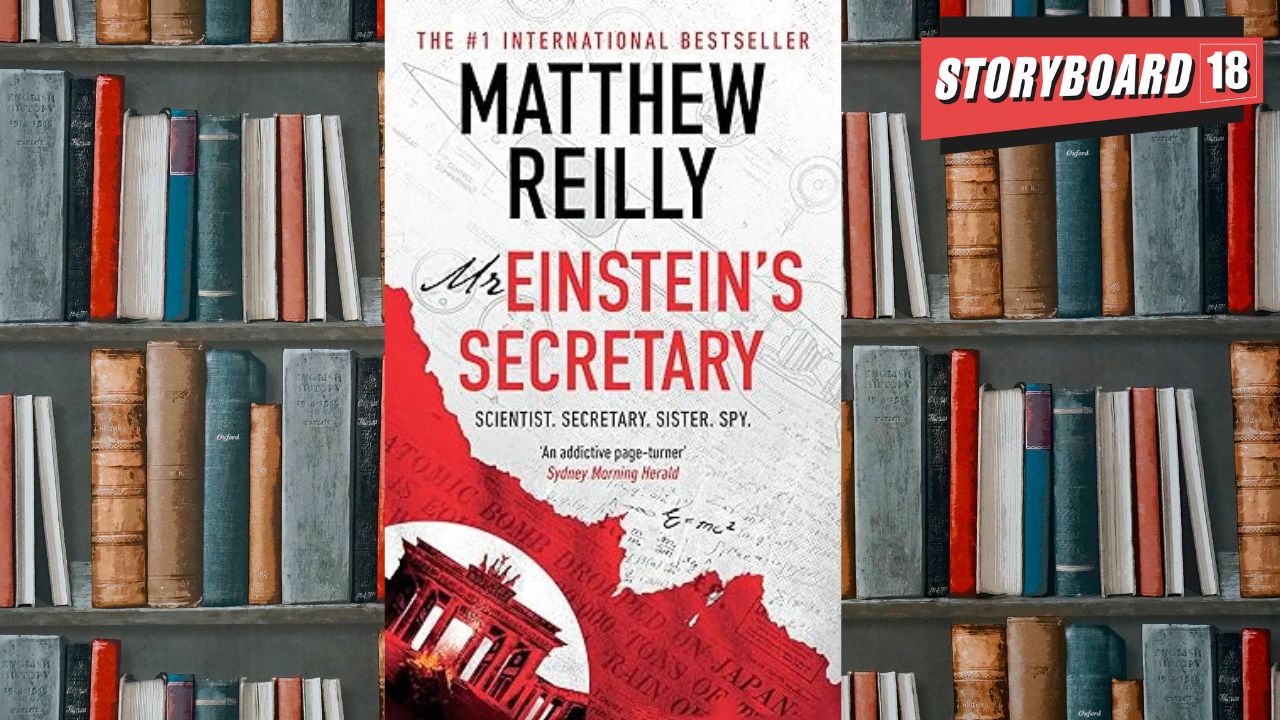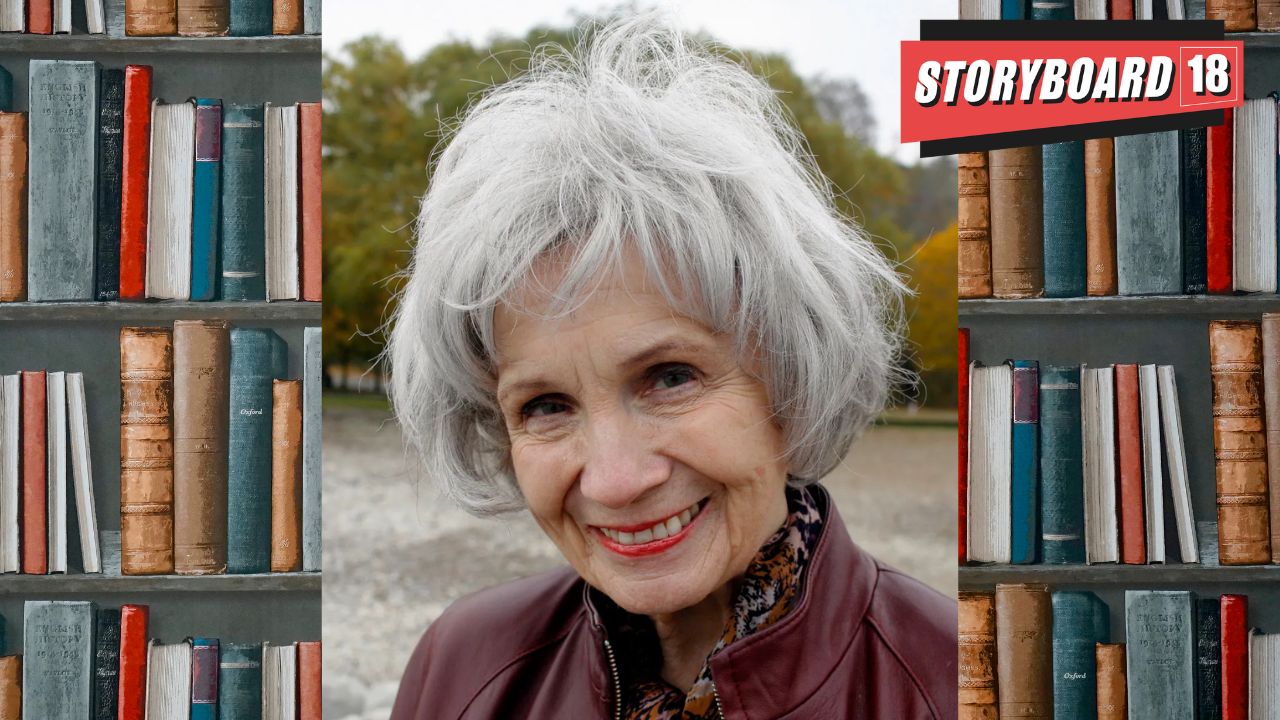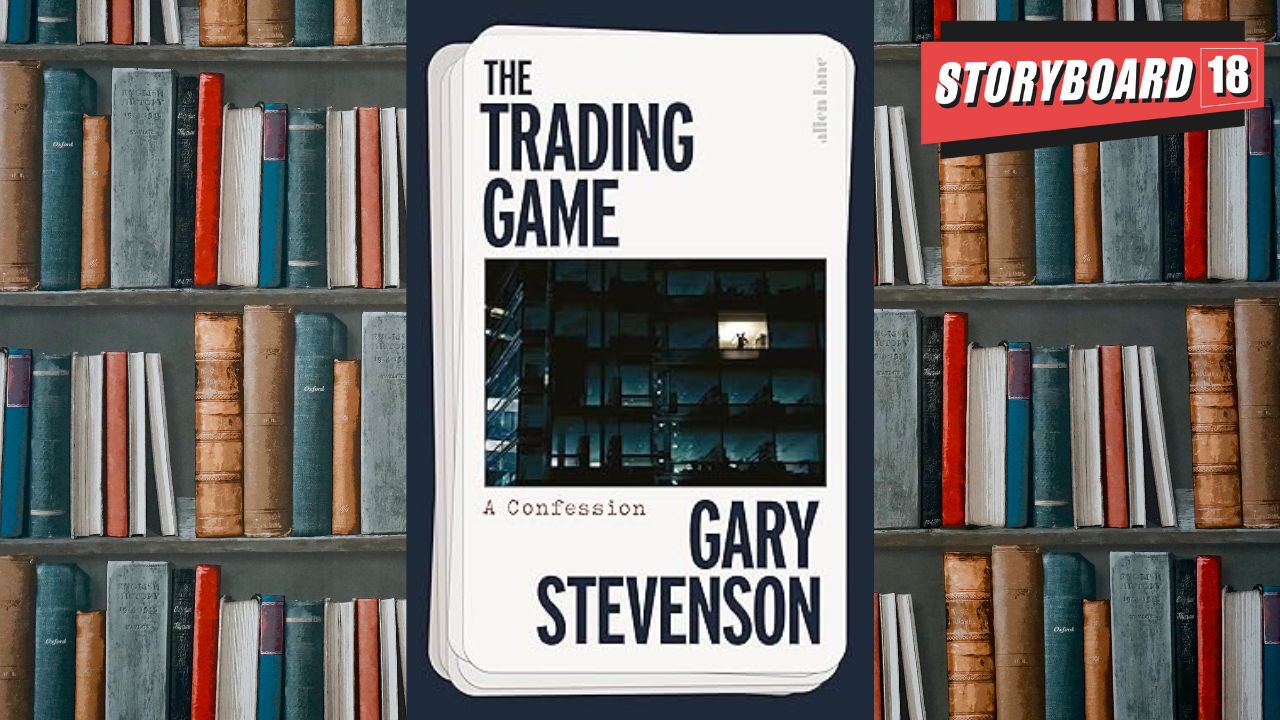The authors emphasize that before launching a project, it would be useful to check how long, other similar projects have taken and build an estimate from there. Even if the available estimate is a remote one, reviews Reeta Ramamurthy Gupta.
Tag: Bookstrapping
Bookstrapping: Supercommunicators by Charles Duhigg
Miscommunication occurs when people are having different kinds of conversations. On the contrary, good communication comes from symmetry. So pause a moment to understand what kind of conversation is happening, highlights Reeta Ramamurthy Gupta in her review.
Bookstrapping – The Jannayak Karpoori Thakur: Voice of the Voiceless by Santosh Singh and Aditya Anmol
As per the review by Reeta Ramamurthy Gupta, the book ‘The Jannayak Karpoori Thakur: Voice of the Voiceless’, helps the reader navigate the concept of democratic socialism- and engage in a lively debate on the same.
Bookstrapping – Age of Revolutions by Fareed Zakaria
As per the review by Reeta Ramamurthy Gupta, among many other insights, the author Fareed Zakaria proposes that the first move to defy monarchy and form a republican government was in the late 16th century; viz. the revolution in the Netherlands. This was an important movement that also spread to Britain, which soon after also pioneered the industrial revolution.
Bookstrapping: From Ideas to Impact by Michael Sheldrick
As per the review by Reeta Ramamurthy Gupta, the book ‘From Ideas To Impact’ offers an eight step guide to policy entrepreneurship. Policy entrepreneurship itself, is about people combining the visionary, diplomatic, and implementation approaches, to transform an idea into tangible impact.
Bookstrapping: Now that I have your attention by Nicolas Hamilton
As per the review put down by Reeta Ramamurthy Gupta, the book is structured into seven chapters, which are more like seven lessons from the author’s life. They stand out extremely relevant for parents raising kids with disabilities; as the author explains- people talk ‘about’ your kids but not ‘to’ your kids.
Bookstrapping: Mr. Einstein’s Secretary by Matthew Reilly
As per the review by Reeta Ramamurthy Gupta ‘Mr. Einstein’s Secretary’ is ‘historical fiction’ set around the 1920s to 1940s. So a few fictional characters meet a set of real characters at an important period in history and a story plays out from there. Our heroine is Hanna Fisher; a fictional character who escapes Berlin in 1919 after the death of her mother and the murder of her father!”
Bookstrapping: A tribute to a Nobel Laureate
As per the review of Reeta Ramamurthy Gupta, the compilation, ‘Hateship, Friendship, Courtship, Loveship, Marriage’, which was released in 2001 cannot be missed. A story from this compilation, ‘The Bear Came over the Mountain’, which spoke of Alzheimer’s disease, was made into a film titled ‘Away From Her’ in 2006.
Bookstrapping – The Trading Game: A Confession by Gary Stevenson
The author talks about himself as a character in the book. Gary reveals that while in school, he got expelled for drugs, realised that good grades alone don’t lead to great jobs, won a poker-like trading competition, made it to Citibank and then made out of it too, reviews Reeta Ramamurthy Gupta.
Bookstrapping: Eden Abandoned – The story of Lilith by Shinie Antony
The book puts an entirely new spin on the very idea of worship and dignity. With chapters numbered in reverse, from thirteen to zero and unnamed, the reader can make their imagination go wild, reviews Reeta Ramamurthy Gupta.
